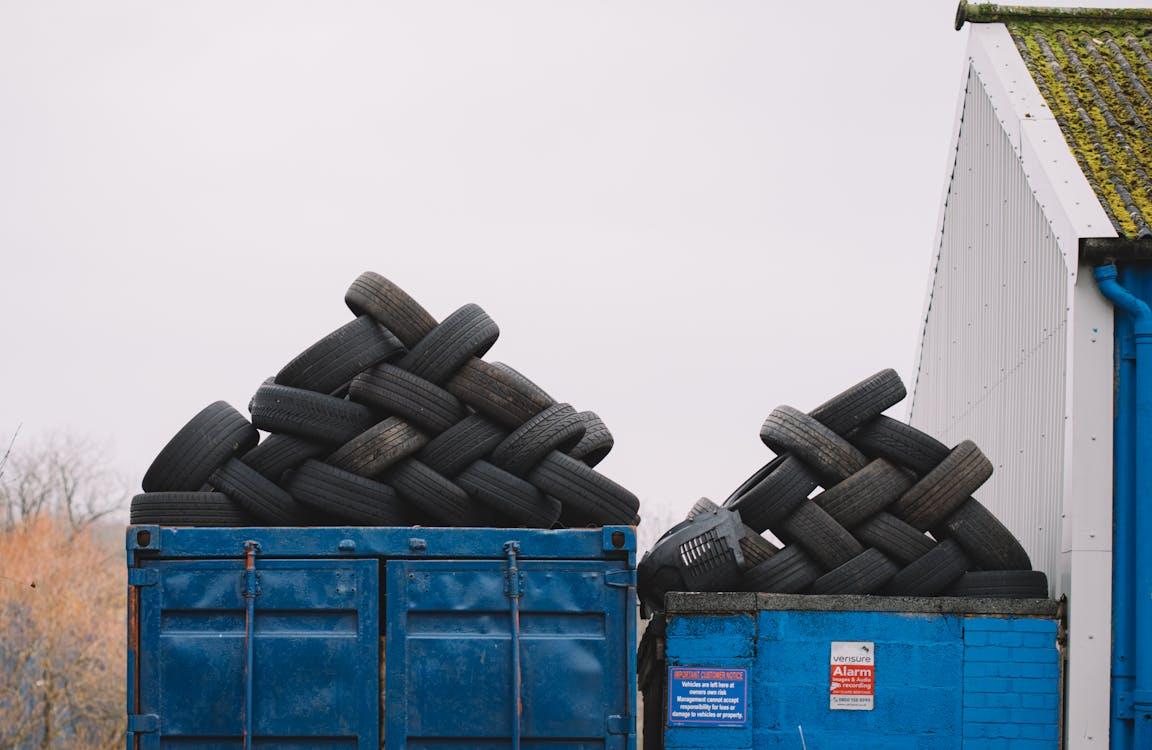In construction, managing the by-products and waste effectively is as crucial as laying down the foundation of a building. Yard waste, including soil, leaves, branches, and wood, can accumulate quickly, especially in projects with significant landscaping components.
Proper waste management is essential for operational efficiency and environmental sustainability. Understanding and utilizing yard debris removal services can be a game-changer for those dealing with a surplus of natural debris.
Land Demand with Construction Managing Recyclable Waste
Some varieties of yard waste in construction projects are generated from the different processes they have in common. Others are the builders and diggers, clearing land, trimming trees at the construction sites, and unearthing the soil. Due to its organic nature and decomposability, this is a specific kind of construction waste. Even though it can minimize our adverse environmental effects, landfill gas emissions—caused by landfills, pests, or using land as a landfill—may result in new environmental problems.
Waste of this type can be managed properly provided a comprehensive management plan is established and implemented. Such management requires close cooperation of all parties involved. With the acquisition of an understanding the attributes and genesis of yard waste at a construction site, managers can come up with useful control interventions. Practices related to Yard Waste Management Occupy, an organization that has been tested and refined during use and time.
Planning and Segregation
The first step to reacting to grass and foliage waste during building works is predicting the amount and kind of heritage the non-decomposing waste will produce. It entails work phases while construction and landscaping are in use, e.g. utilizing temporary storage during construction and reusing soil from landscaping to minimize waste generation. Besides, separate from other types of waste, yard waste will make dealing with it during the collection process to recycling or composting possible.
The initial step in addressing grass and foliage waste in construction projects involves estimating the volume and type of organic waste that will be generated. This estimation helps plan the construction and landscaping phases to reduce waste, such as using temporary storage solutions and repurposing excavated soil. Segregating yard waste from other debris makes it easier to handle, facilitating efficient recycling or composting processes. Proper segregation aids in the eco-friendly disposal of yard waste and supports recycling initiatives, enhancing the overall sustainability of construction projects.
Moreover, integrating green waste management into project planning encourages a more sustainable construction approach. This includes identifying opportunities for waste reduction, such as allocating areas for composting on-site or collaborating with local recycling centers. Educating the construction team about proper disposal methods can significantly reduce the project’s environmental impact, promoting a culture of responsibility and sustainability within the industry. This holistic approach not only mitigates waste but also contributes to the global effort to reduce carbon footprints in construction activities.
Additionally, adopting advanced technologies and software can further streamline yard waste management in construction projects. Implementing tools for real-time waste tracking and reporting can offer insights into waste generation patterns, allowing for more accurate forecasting and reduction strategies. This technological approach can lead to more informed decision-making, ultimately leading to more efficient resource use and lower environmental impact.
Utilizing Professional Removal Services
Several important themes should be mentioned about yard debris removal in the category of construction garbage management. Waste collection and treatment centers specialize in removing yard waste that is appropriately dumped and disposed of in an environmentally friendly process. By working with a reputable retail waste disposal vendor, construction managers are confident that all charges will be inclusive, all the waste will be taken away in an environmentally sustainable manner, and all recyclable material will be handled properly.
Conclusion
Yard waste governance is an integral activity during the construction cycle, with great emphasis being placed on extensive land clearing and landscaping works. Through strategic planning, contractors accountable for their segregation to professional services are able to dispose of yard waste properly at the construction site.
Waste yard management, suitable for the construction project, is not just a measure aimed at the safe operation of a project but also at solving some basic problems. On the other hand, yard waste removal companies in the eyes of the public step into that vital role. What they can do is to offer the essential experience and resources that they provide the street waste with an appropriate and this, makes them most valuable partners to the construction team.

